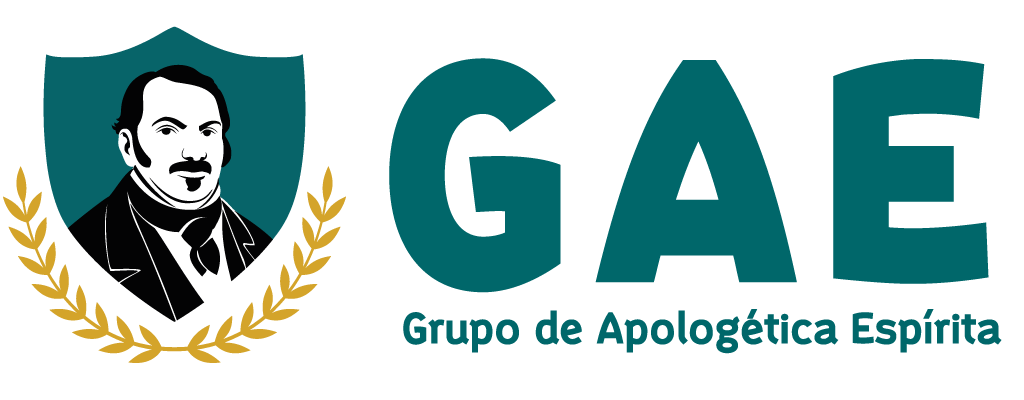|
Getting your Trinity Audio player ready...
|
Resumo: O texto argumenta que a Bíblia não é inteiramente a palavra de Deus, questionando a consistência e a origem divina de alguns de seus preceitos. Ele aponta contradições nas diferentes traduções bíblicas, a não observância de leis consideradas divinas, e as divergências entre diferentes interpretações religiosas. O autor propõe que apenas os Dez Mandamentos e os ensinamentos de Jesus representam a verdadeira palavra de Deus, considerando os preceitos mosaicos como obsoletos e inadequados para a nova aliança. Moisés e Jesus são citados como exemplos de quem distinguiu entre leis divinas e humanas.
Palavras-chaves: consistência bíblica, origem divina, Dez Mandamentos, ensinamentos de Jesus, preceitos mosaicos.
Summary: The text argues that the Bible does not contain the word of God, questioning the consistency and divine origin of some of its precepts. It points out contradictions in different biblical translations, the non-observance of laws considered divine, and the divergences between different religious interpretations. The author proposes that only the Ten Commandments and the teachings of Jesus represent the true word of God, considering the Mosaic precepts as obsolete and inadequate for a new covenant. Moses and Jesus are cited as examples of those who distinguish between divine and human laws.
Keywords: biblical consistency, divine origin, Ten Commandments, teachings of Jesus, Mosaic precepts.

